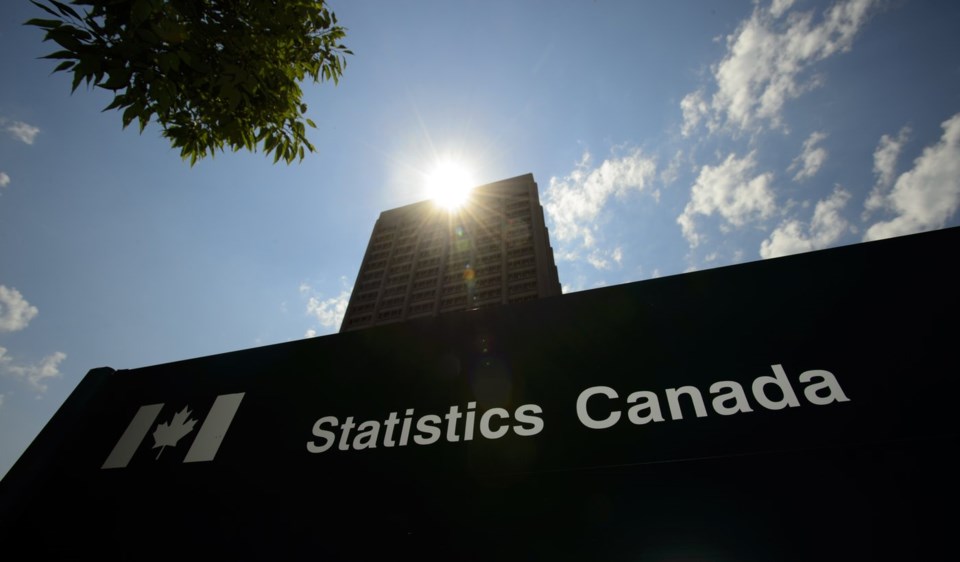Economists say an unexpected dip in the national inflation rate bodes well for the prospects of the Bank of Canada making a second straight cut to its benchmark interest rate when it meets later this month.
Canada's annual inflation rate fell to 2.7 per cent in June, down from the 2.9 per cent year-over-year growth in May, Statistics Canada said Tuesday.
It largely attributed the deceleration to slower year-over-year growth in gasoline prices.
The agency said gasoline prices rose 0.4 per cent in June following a 5.6 per cent jump in May. Excluding gasoline, the consumer price index rose 2.8 per cent in June.
StatCan said lower prices for durable goods also contributed to the overall slowdown in June, falling 1.8 per cent year-over-year in the month following a 0.8 per cent decline in May.
CIBC senior economist Katherine Judge said the June inflation data "gave the Bank of Canada what it needed in order to cut interest rates at next week's meeting."
She said that core inflation, which excludes food and energy prices that tend to be more volatile, ticked up 0.2 per cent on a seasonally adjusted basis, down from last month's 0.3 per cent gain.
"This shows that the prior month's upside surprise in inflation was just a blip in a broader trend of disinflation as demand in the economy remains under pressure," Judge said in a note.
Grocery prices rose 2.1 per cent year-over-year in June, up from May when they increased 1.5 per cent from the same month a year earlier.
It marked the second consecutive month that the pace of growth in grocery prices accelerated.
While the trend is something to watch, BMO's Benjamin Reitzes, managing director of Canadian rates and macro strategist, said the level of food price growth is still "relatively subdued" and matches historical norms.
"But if you get a continued ramp up here, then that will be a concern for sure," he said in an interview.
"Food prices play a very big role in how people view inflation because we buy food every day. It's those everyday items that really drive inflation expectations."
Fresh vegetables saw a 3.8 per cent gain and dairy product prices grew two per cent. The price of preserved fruit and fruit preparations grew 9.5 per cent, while non-alcoholic beverage costs rose 5.6 per cent.
Fresh fruit prices helped moderate the increase in overall grocery prices, falling 5.2 per cent in June compared with a 2.8 per cent drop in May.
The June inflation reading is the last before the Bank of Canada's next interest rate decision, set for July 24. The central bank cut its benchmark interest rate by a quarter of a percentage point earlier this month to 4.75 per cent.
The report shows Canadian consumers have become increasingly "cautious" with discretionary spending, with notable softness in recreation and clothing, said Reitzes.
Shelter spending was also softer than usual, with rent seeing a 0.1 per cent increase — the smallest in nearly two years.
"That helped restrain the headline, because shelter has been one area of pretty consistent strength and inflation for some time for Canada," he said.
Reitzes predicted it will be "a bit of a grind" to reach the Bank of Canada's target of an annual inflation rate of two per cent, noting "it's been a slow but steady march." He said it's unlikely the inflation rate hits that mark before mid-to-late-2025.
"It does look as though we are trending toward two per cent and that's very encouraging and should be for the Bank of Canada," he said.
"It's very difficult to make those kinds of forecasts when there are plenty of wild cards out there. It depends what energy prices do. We'll see what food prices do. There's lots of political uncertainty out there as well, which could impact the inflation outlook."
This report by The Canadian Press was first published July 16, 2024.
Sammy Hudes, The Canadian Press



